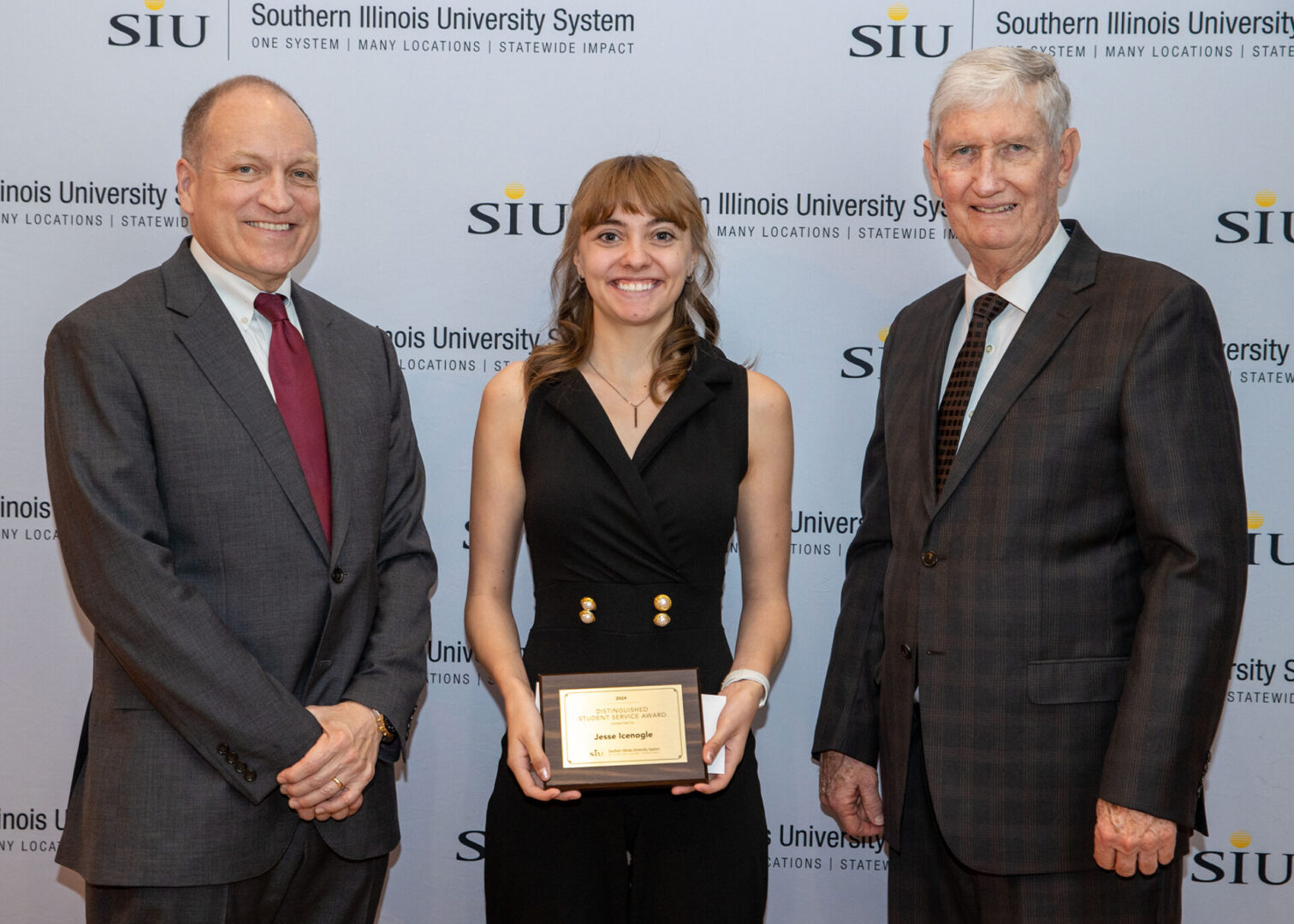MONMOUTH’S TOBACCO KING HELPED PUT ‘MAPLE CITY’ ON THE MAP
In recent years, immigrants from around the world have contributed to the vibrancy of Monmouth and added to its diversity. But over nearly 19 decades, Monmouth has seen many waves of immigration that have helped shape the western Illinois community. In the 19th century, one German immigrantcontributed significantly to the economic development of Monmouth, while also helping to cement its famous moniker “the Maple City.”
Born in Holstein, Germany, in 1842, Reimer Lahann was one of 11 children—a circumstance that likely caused him to develop a strong work ethic from an early age. His mother’s death when he was just 5 years old had a traumatic effect on his family, but also helped bond him to his father, Hans. Educated in a common school, young Reimer further developed an independent streak and a capacity for industriousness.
Opportunity for career advancement in his native town being bleak, Lahann determined to travel to the United States. His father had removed to Troy, New York, iin 1857 during a wave of German immigration, and at the age of 19 he decided to join him, landing in New York Harbor just weeks after the start of the Civil War. Set on gaining immediate employment, Lahann signed on as a farmhand near Troy—a job that didn’t require experience. Although farming gave him time to learn English, he eventually found the work tedious. Having learned the language, he was able to land a job as a cabinetmaking apprentice.
In his spare time, Lahann developed an appreciation for smoking cigars with friends and family, but good cigars were an expensive habit. He soon learned how to roll his own, using fine tobacco, a talent that would one day provide the basis for a lucrative career.
In order to avoid being drafted, Lahann took his brother’s place in the state militia, which allowed him to stay in New York near his father. Much of his service was spent patrolling the streets of New York City, including the period of the draft riots. During that time, he met Catherine Fougard, a German immigrant whom he married in Troy in1865. Reimer had designs to open a cigar factory in New York, but lacking the necessary capital, decided to move, along with his wife and father, to Illinois, arriving at Quincy in the spring of 1866.
That fall, he came to Monmouth, where he established a cigar factory in partnership with a Mr. Jones—perhaps Claudius Jones, who operated one of Monmouth’s early private banks. Initially, he personally rolled all the cigars and Catherine served as his bookkeeper. Within three months, he was able to purchase Jones’s interest and the business grew steadily until January1868, when a fire wiped out the block where his factory was located.
Undeterred, Lahann relied on his ingenuity and reputation to build a more ambitious cigar firm, the Maple City Cigar Factory at 109 South First St., inventing machinery to sort good tobacco leaves from bad, press tobacco leaves and insure cigars had a uniform appearance. He gradually hired workers and traveling salesmen, so that by 1886, he was producing 2 million cigars a year, and employed 30 to 40 workers. In 1889, the Rock Island Argus reported that he was by far the leading cigar manufacturer in the second division of the Internal Revenue Service’s 5th District, selling more than 2.5 million cigars per year.
With his business booming, Lahann decided to join several of Monmouth’s other successful capitalists by building a large family residence on East Broadway. He broke ground at the corner of Sixth and Broadway in the spring of 1890, a year in which 30 new houses were being erected in the thriving city.
The following year, Lahann purchased the Harding Block at 207-215 East Broadway, converting it into a large plant that included an office, shipping room, retail department and warehouse.
Considered one of Monmouth’s most respected men, Lahann was urged to run as an independent for mayor in 1895 and defeated the Republican candidate 894-729, bringing with him seven other independents riding his coattails into office. He served as mayor for two years.
After 33 years in the cigar industry, Lahann, who had fathered three children and was enjoying life as a grandfather, decided to retire in 1899, selling his business to local investors who incorporated it into the Maple City Cigar Co. Officers were R.H. Truitt, president; E.B. Colwell, vice president and W.G. Xander, secretary-treasurer. Lahann retained ownership of the Lahann Block, which he would again remodel in 1905.
But Lahann, who was only 57, found it difficult to settle down. He became interested in telephone technology and became a partner in the Monmouth Telephone Company. In 1903, his considerable expertise in evaluating tobacco landed him a position with the Port of Chicago as a tobacco inspector.
In September 1904, Lahann decided to divest of his Monmouth residence, selling it to A.M. Irving of Roseville for $7,000. The following year, he was transferred to Tampa, Fla., where he continued to work in customs at the key point of entry for Cuban tobacco.
Lahann and his wife would eventually return to Monmouth, where they purchased a house at 217 South Second St. Reimer died in 1927 at the age of 84 and Catherine died in 1931. They and their son Andrew are buried in Monmouth Cemetery.
A fire caused by a defective chimney flue caused major damage to the former Lahann house on May 22, 1915, destroying its roof and inflicting smoke and water damage, but the home was restored by the Irving family. Although research has yet to confirm it, the house was apparently destroyed by a second fire around 1920, following the death of Mr. Irving. A Tudor-style Craftsman bungalow was built on the property by his two daughters, Anna and Elizabeth.
Today, that house, at 621 East Broadway, is home to the Monmouth Cokllege Office of Communications and Marketing.
For Maple City Memories, I’m Jeff Rankin.














